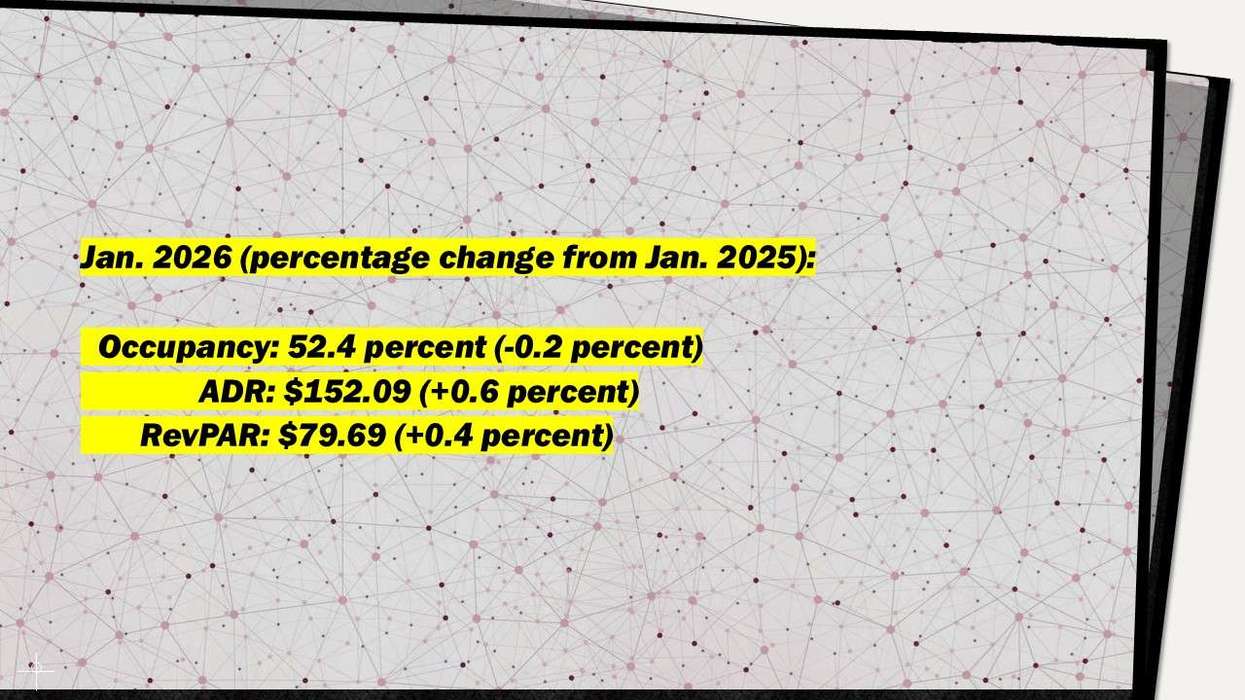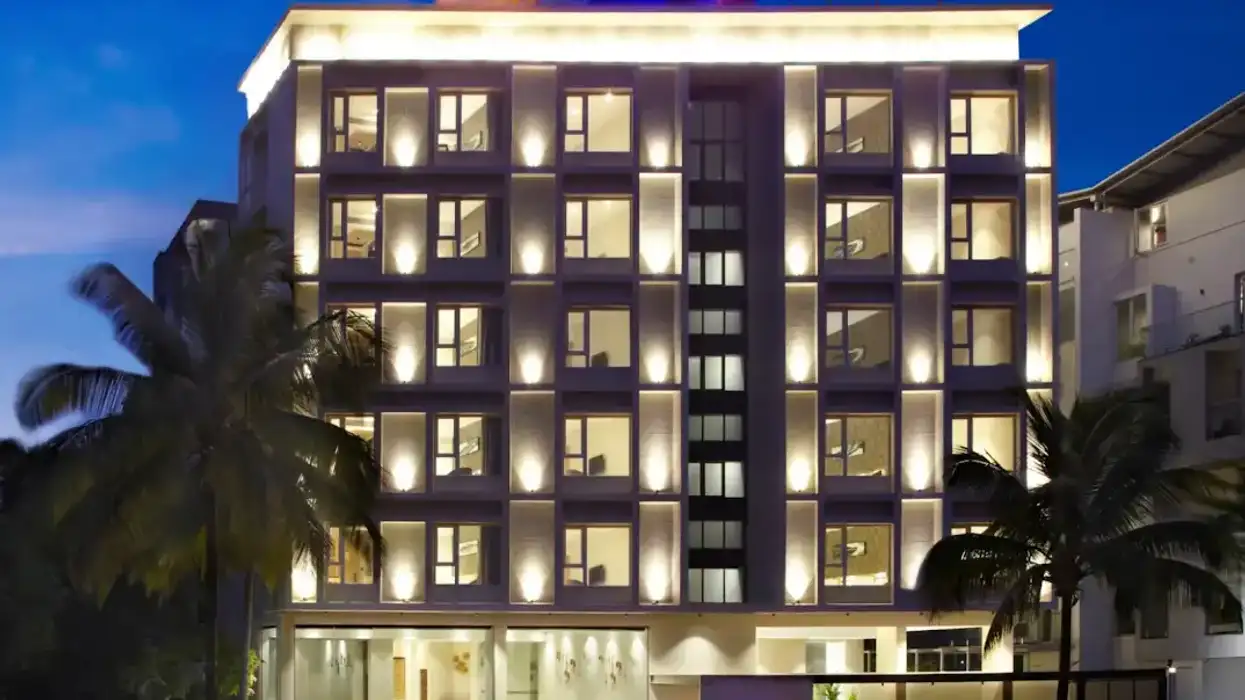Summary
- Hospitality leaders prioritize security, integration, growth, and payments, according to FreedomPay and Toast.
- Secure payment processing remains essential amid market shifts.
- 97 percent are confident in meeting future cybersecurity goals; stronger threat protection is also needed.
TOP BUSINESS PRIORITIES for hospitality leaders are data security, system integration and growth enablement, according to a joint study by FreedomPay and Toast, two point-of-sale technology platforms. There is a need for secure payment processing, reflecting changes in the enterprise hospitality market and the increasing focus on customer-centric transactions.
The Enterprise Merchants Needs Assessment Study surveyed 200 hospitality decision-makers in April, including C-level executives, IT leaders and other stakeholders, to understand priorities in selecting payment solutions and POS systems.
“Enterprise hospitality leaders are facing increasing pressure to protect sensitive customer data while also delivering seamless and innovative guest experiences,” said Chris Kronenthal, FreedomPay’s president. “Our Next Level Commerce platform is uniquely positioned to address these challenges by providing a secure, integrated and scalable payment solution that empowers merchants to thrive in today’s competitive market and create exceptional customer experiences.”
The survey found that cybersecurity remains a priority in hospitality, with 97 percent of respondents confident in meeting future security goals. They also noted the need for stronger protection against evolving cyber threats.
Kelly Esten, chief marketing officer at Toast, said that with security and integration as priorities, enterprise brands need solutions that scale with their operations.
“These findings highlight the need to understand the specific requirements of the enterprise hospitality segment and to provide solutions that address them,” he said.
The study found that integration drives value, with all merchants indicating an integrated payment solution is valuable to their organization. Additionally, 52 percent cited increased data security as a top benefit, up from 28 percent in 2024.
The survey showed that growth enablement is a top priority for hospitality decision-makers, with 92 percent saying an integrated solution could scale with their business.
Separately, a recent Mews survey found about 70 percent of American travelers prefer checking in via app or kiosk over the front desk.






